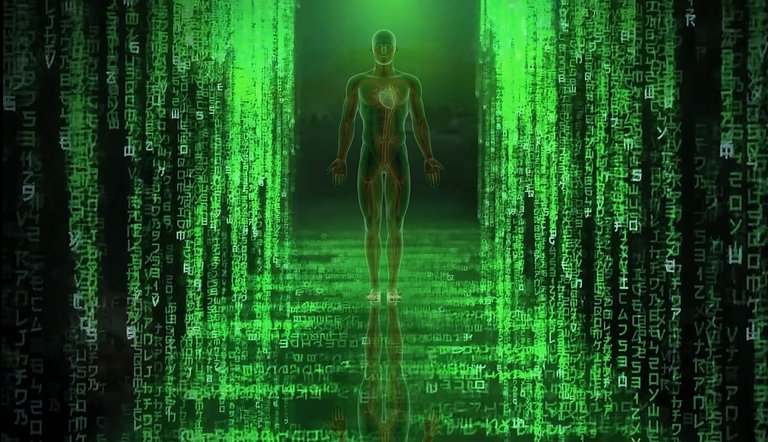Is this world real or are we living in a simulation?
Greetings friends!
Consider the vastness of the universe; it extends beyond our cognitive capacity to grasp the sheer magnitude of our own galaxy, let alone the trillions of galaxies that populate the cosmos. The scale is so immense that it defies imagination. Conversely, we can explore the limits of smallness, delving into the composition of matter — atoms comprised of electrons, protons, and neutrons, which in turn are constructed from quarks. Amidst this exploration, we encounter the Planck length, a minute scale at 1.6x10^-35 meters. It stands as an impenetrable threshold, suggesting there may be no length smaller than this. It's a size akin to the fixed pixels on a computer screen.
Similarly, our journey into the fabric of time brings us to the Planck time, a fleeting interval at 5.4x10^-44 seconds. This infinitesimally small unit of time is comparable to the refresh rate of a screen. The question that arises, intriguingly, is whether our reality is akin to a programmed simulation, with the Planck length and time serving as the fundamental building blocks, much like the pixels and refresh rate of a computer screen. The notion that our existence might be confined within the parameters of a meticulously designed simulation adds a layer of complexity to our contemplation.
In the tapestry of space-time, we find ourselves confined by fixed dimensions of length and time. Much like characters in a computer game unable to transcend their predefined boundaries, our earthly confines limit our reach. Even if we were to achieve the incredible speed of light, spanning our own galaxy would still take thousands of years. The analogy to a game becomes more intriguing when we consider the existence of Non-Playing Characters (NPCs) alongside player avatars in the gaming realm.
NPCs, in both games and potentially in our reality, seem to exist for cyclical purposes—born, die, and perform routine tasks. Many among us mirror this NPC existence, constrained by limited thinking, restricted freedom, and finite resources. It sparks contemplation: Could our existence be part of an expansive game in which we are unwitting players? The parallel between our world and immersive games deepens as advancements in technology bring us closer to creating metaverses and virtual realities where the line between the real and virtual blurs.
As technology progresses, we approach a future where the distinction between reality and virtual realms diminishes. Soon, we may create virtual environments so lifelike that differentiation becomes challenging. Characters within these realms could seamlessly execute tasks, mirroring the actions of real people. This perspective challenges our sense of uniqueness, considering that artificial intelligence is evolving to think and operate much like humans. In the not-so-distant future, AI entities may outnumber us, blurring the lines between what defines humanity. The evolving relationship between reality and the virtual worlds we may soon create our own universes. What are your musings on the possibility of our reality being a manifestation of a grand, imaginative design or perhaps a computerized simulation?
Thanks
